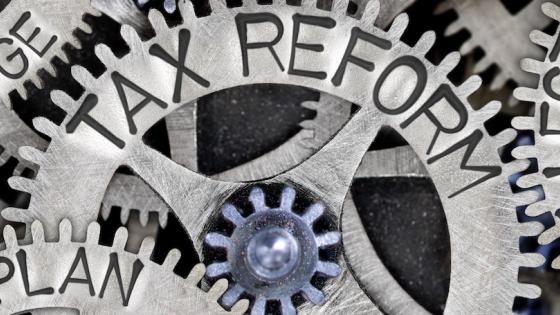DP15983 Taxing Property in Developing Countries: Theory and Evidence from Mexico
The property tax is the most under-utilized tax in developing countries. We evaluate the revenue and welfare effects of the main policy instruments used to raise property tax revenue: tax rate changes and enforcement. Using administrative data from Mexico, sharp tax rate increases, and an enforcement experiment, we show that both policy instruments increase revenue. We then provide a conceptual framework to assess the welfare costs of these policies. The welfare cost of tax increases incorporates changes in compliance and consumption drops for compliant taxpayers. The welfare effect of enforcement includes the cost to non-compliant taxpayers from threats of fines and property seizure, a cost we infer using tax rate and enforcement elasticities. In Mexico, tax hikes raise welfare since revenue gains exceed losses from consumption drops. In contrast, enforcement reduces welfare as its costs overshadow the revenue gains. Welfare-maximizing governments would therefore prefer increasing tax rates over enhancing enforcement.


